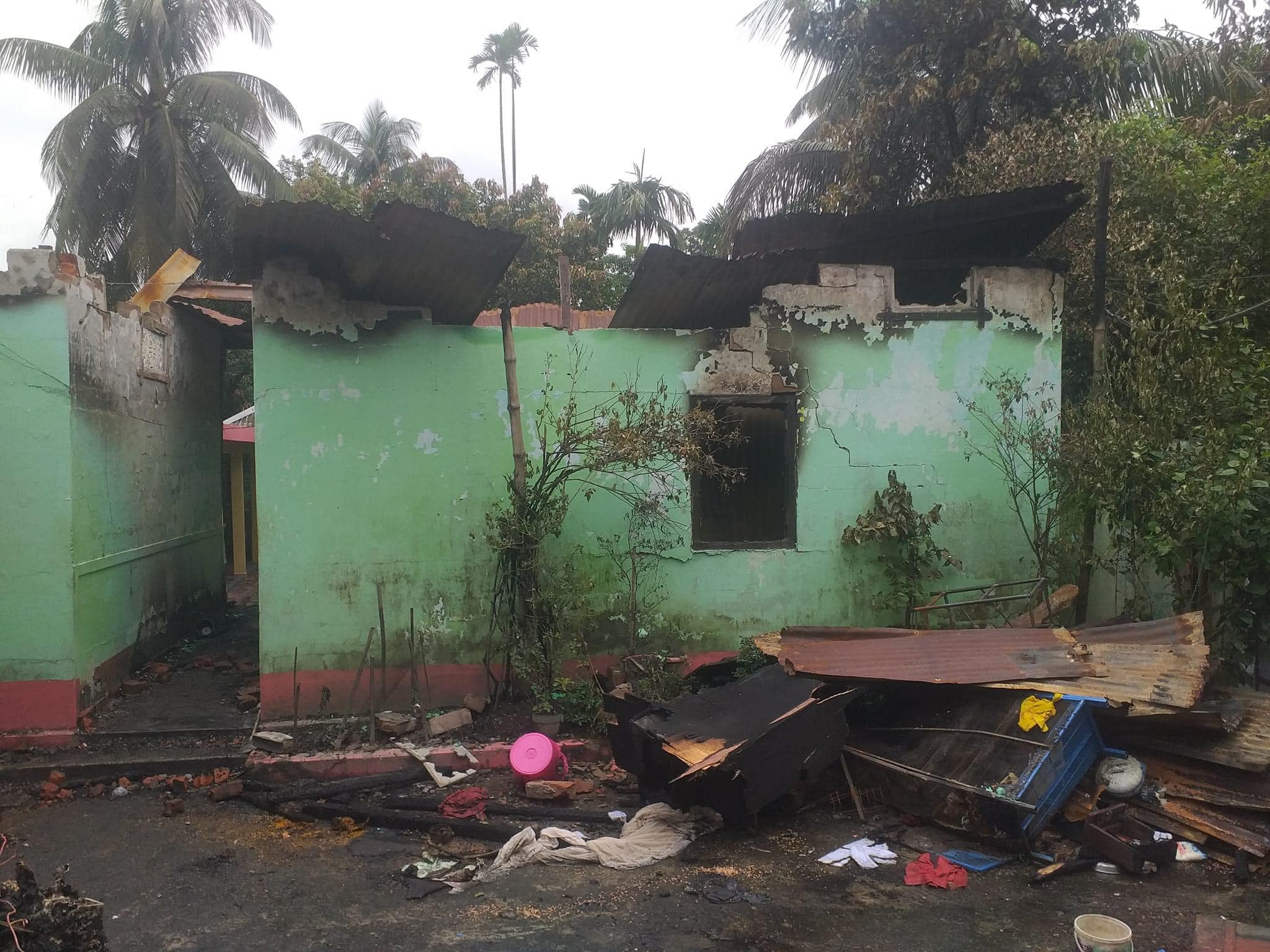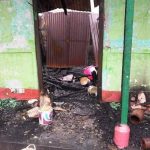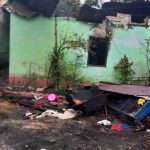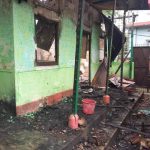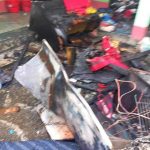This troubling trend signals a broader pattern of religious intolerance and ethnic discrimination that has grown more pronounced since political upheaval swept through the nation. The vulnerabilities of minority communities have been exploited by forces looking to assert their dominance in a country already struggling with its identity, political instability, and economic challenges.
The Surge in Attacks: A Pattern of Violence
Since the political shifts that led to Sheikh Hasina’s removal, there has been a sharp increase in attacks on minority groups in various parts of Bangladesh.
In cities like Dhaka, Chattogram, Sylhet, and Rajshahi, minorities have been subjected to mob violence, land grabs, vandalism of religious sites, and physical assaults. In Dhaka, several incidents were reported where Hindu temples were vandalized, and idols were desecrated, leading to widespread protests from the affected communities. In Chattogram, Christian homes and businesses were targeted by mobs who looted their properties and intimidated the residents. In Sylhet, an indigenous woman was attacked and raped by a group of men, a crime that was brushed aside by local authorities. The police response to these incidents has been slow and, in some cases, complicit in the violence, further deepening the fear and mistrust among minorities.
On December 7th, 2024, the Naamhatta temple, which is managed by ISKCON Bangladesh, was vandalized by a group of miscreants. The incident occurred in the early hours, causing significant damage to the temple’s property and sacred objects. Authorities are investigating the attack, and ISKCON Bangladesh has condemned the act, calling for swift justice. This event has raised concerns over religious intolerance and the safety of minority religious sites in the region.
Even in rural areas, where many minority groups live in close-knit communities, tensions have risen, often erupting into violent conflicts over land disputes, religious differences, or political rivalry. Indigenous tribes in the Chittagong Hill Tracts have faced a resurgence of violence, including forced evictions and displacement as groups seek to gain control over their ancestral lands.
The Role of Political Uncertainty
The political crisis following Hasina's removal has played a significant role in escalating these attacks. As Bangladesh grapples with an uncertain political future, extremist factions and radical elements have capitalized on the power vacuum to incite violence against minorities. In the absence of a strong central government to ensure law and order, these groups have found a platform to further their agenda of religious supremacy and ethnic division.
The political instability has also empowered local militias and criminal groups, who often align themselves with specific political factions. These groups see minority communities as soft targets, believing that such communities are less likely to retaliate or have the resources to defend themselves. The rise in politically motivated violence has further entrenched the sense of fear and insecurity among these vulnerable populations.
Impact on Daily Life: Fear and Displacement
For many minorities, this wave of attacks has not only threatened their physical safety but also their right to live freely and with dignity. The fear of violence has forced many families to flee their homes, leaving behind their properties, businesses, and even their religious places of worship. In some cases, communities have been completely displaced, moving to urban centers in search of safer havens.
Religious minorities, especially Hindus, have faced growing pressure to conform to the dominant religious practices. Temples and churches have been damaged, and worshippers have been attacked during religious ceremonies. Buddhist monks have also faced threats and violence, particularly in the rural areas, where radical groups are seeking to assert their dominance over local populations.
The psychological toll on minority communities cannot be understated. Many families live in constant fear, unsure whether they will be able to send their children to school, conduct business, or practice their religion without facing the threat of violence. This climate of fear has forced some to hide their identities or even change their religious affiliations in an attempt to escape the violence.
The Silence of the Authorities
One of the most concerning aspects of these attacks is the lack of accountability for the perpetrators. While there have been occasional arrests and promises of justice, many incidents go unpunished, with police indifference or even active collusion in some cases. The response from local authorities has often been weak, and many victims feel that they are not being taken seriously by the justice system.
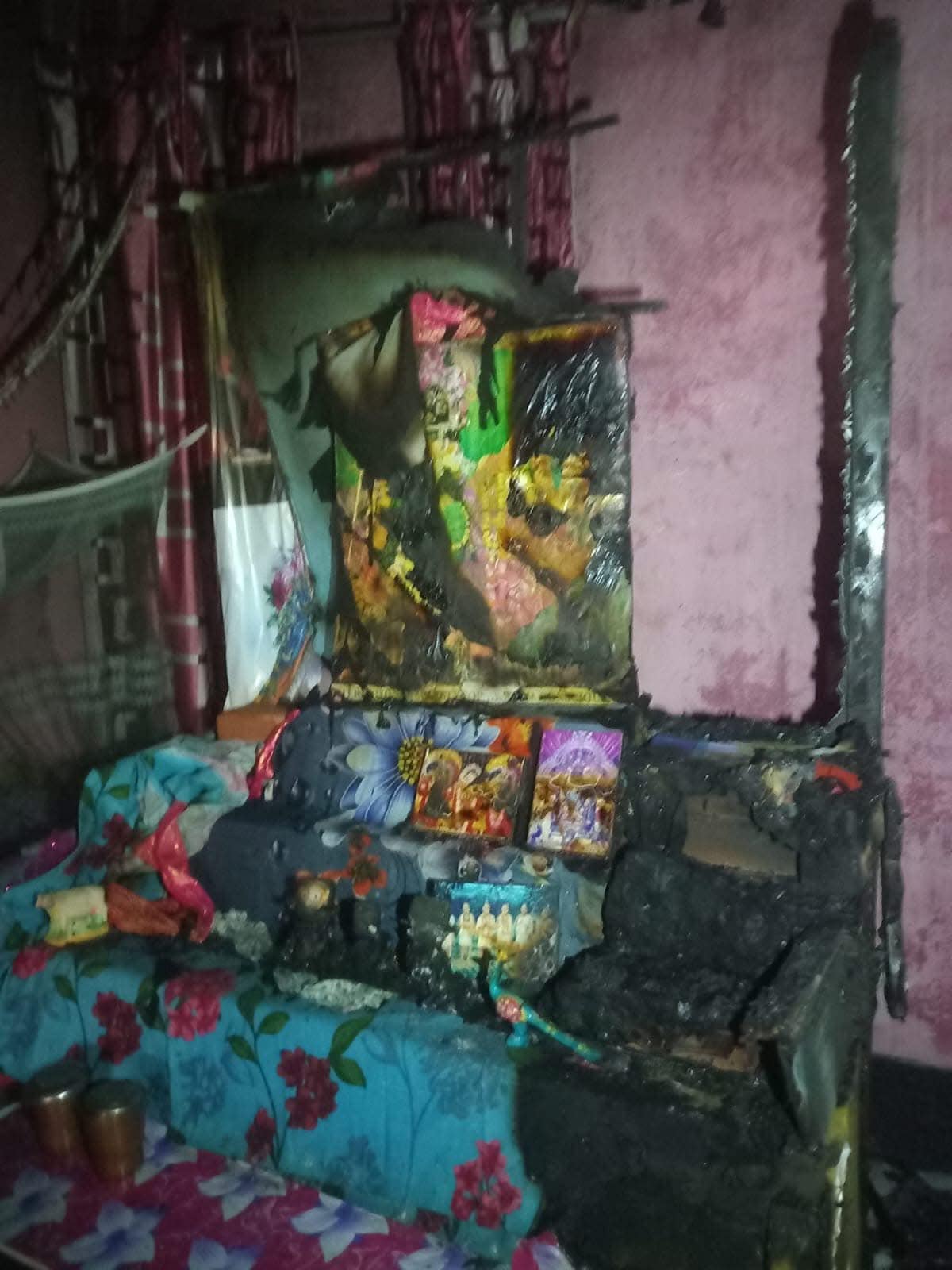
In many instances, the perpetrators of violence against minorities are well-connected, politically aligned with powerful factions, or simply beyond the reach of law enforcement. This has created a dangerous climate of impunity, where violence against minorities is not only tolerated but sometimes encouraged by influential figures seeking to maintain control.
A Call for Justice and Protection
The situation for minorities in Bangladesh has reached a critical point. The attacks on these communities must be condemned in the strongest possible terms, and the perpetrators must be brought to justice. It is not enough for the government to issue vague statements of condemnation; there must be immediate and concrete action to stop the violence and protect the lives of vulnerable groups.
Some critical steps must include:
- Stronger legal protections: Minority communities must be guaranteed legal safeguards and constitutional rights that protect them from violence, discrimination, and persecution.
- Accountability for violence: Law enforcement agencies must investigate and prosecute all incidents of violence against minorities, ensuring that justice is served and that the perpetrators are held accountable.
- Protection for religious sites and practices: Authorities must provide better security for places of worship, cultural centers, and homes of religious minorities.
- Increased international attention: The international community must monitor the situation in Bangladesh closely, ensuring that human rights are upheld and that there is no further erosion of religious freedom and civil liberties.
- Strengthening social cohesion: Programs aimed at promoting interfaith dialogue and community building must be implemented to foster understanding and peace between different religious and ethnic groups in the country.
A Hope for a Peaceful Future
While the situation for minorities in Bangladesh is dire, there is still hope. Bangladesh’s diverse society has a long history of coexistence, and it is essential that this tradition is upheld. To do so, the government, civil society, and the international community must come together to defend the rights of minorities, ensure their protection, and create a society where violence and intolerance are no longer the norms.
The challenges are great, but if the country is to move forward and become a beacon of peace, prosperity, and justice, it must ensure that every citizen, regardless of their religion, ethnicity, or background, can live without fear. Minority rights are human rights, and Bangladesh must uphold them for a future of harmony and equality.
